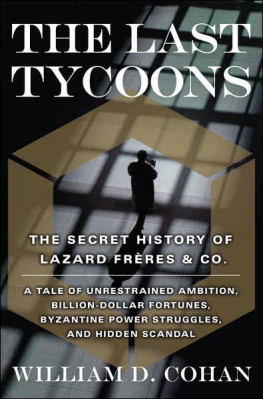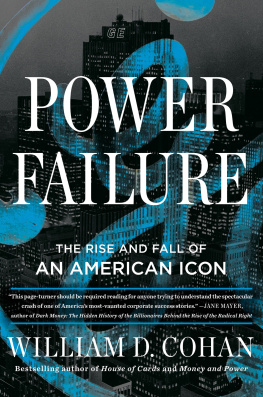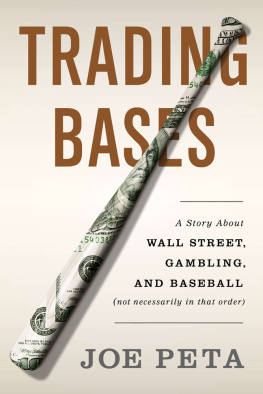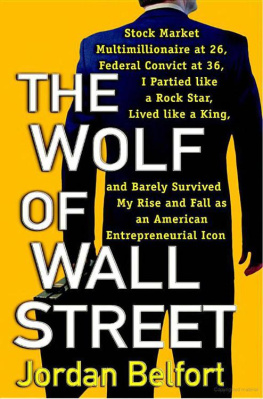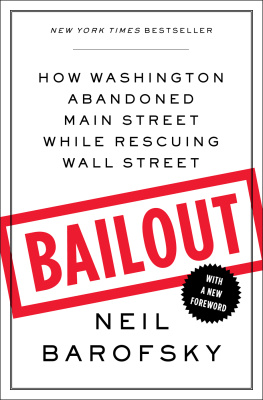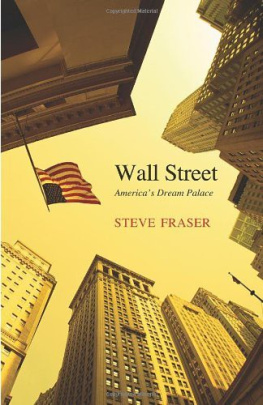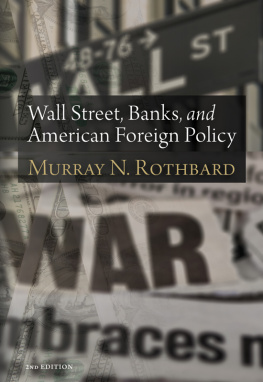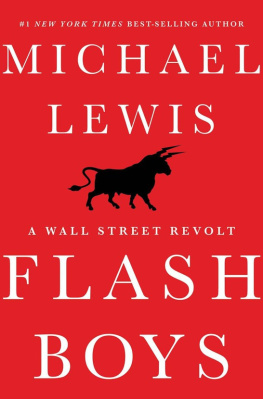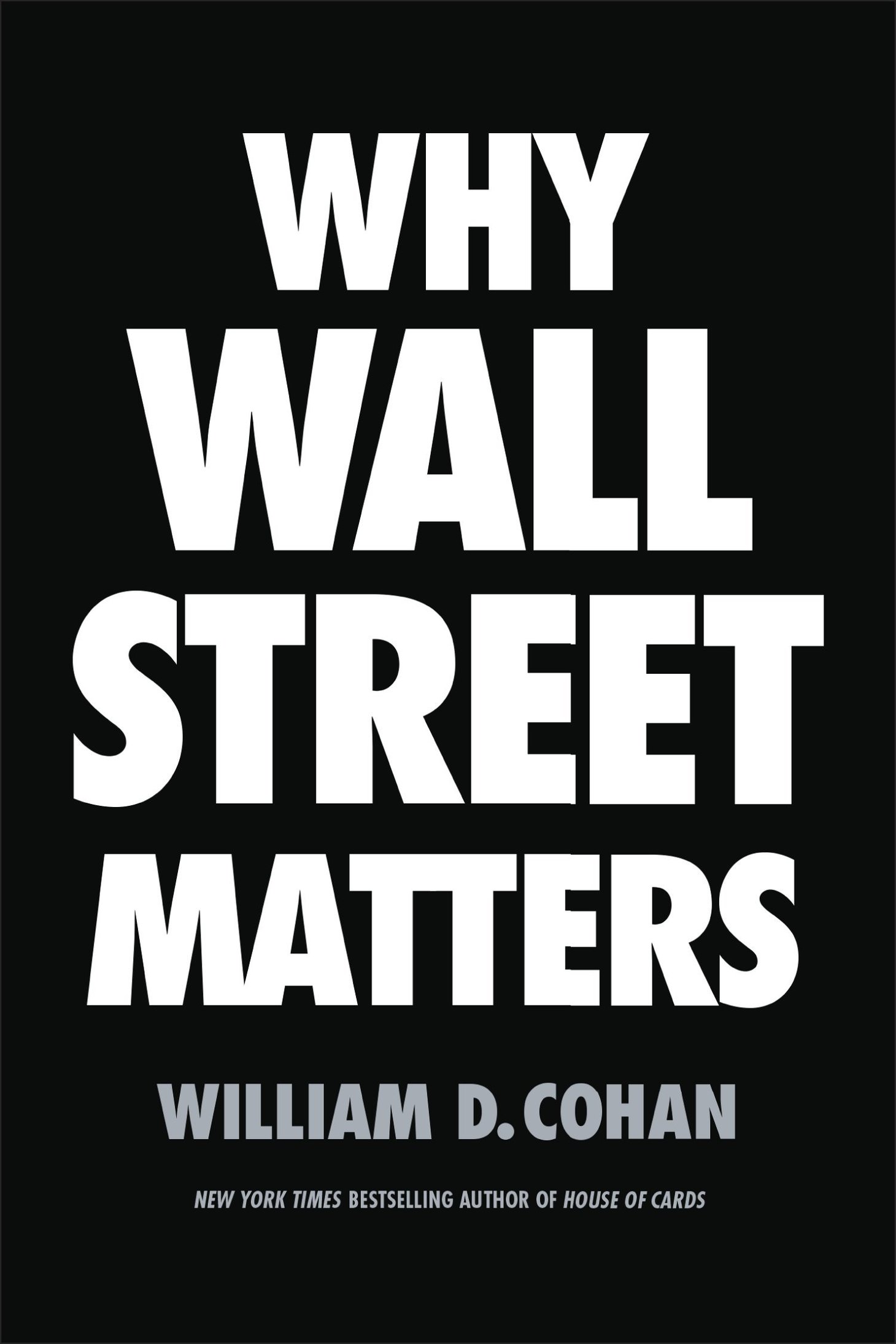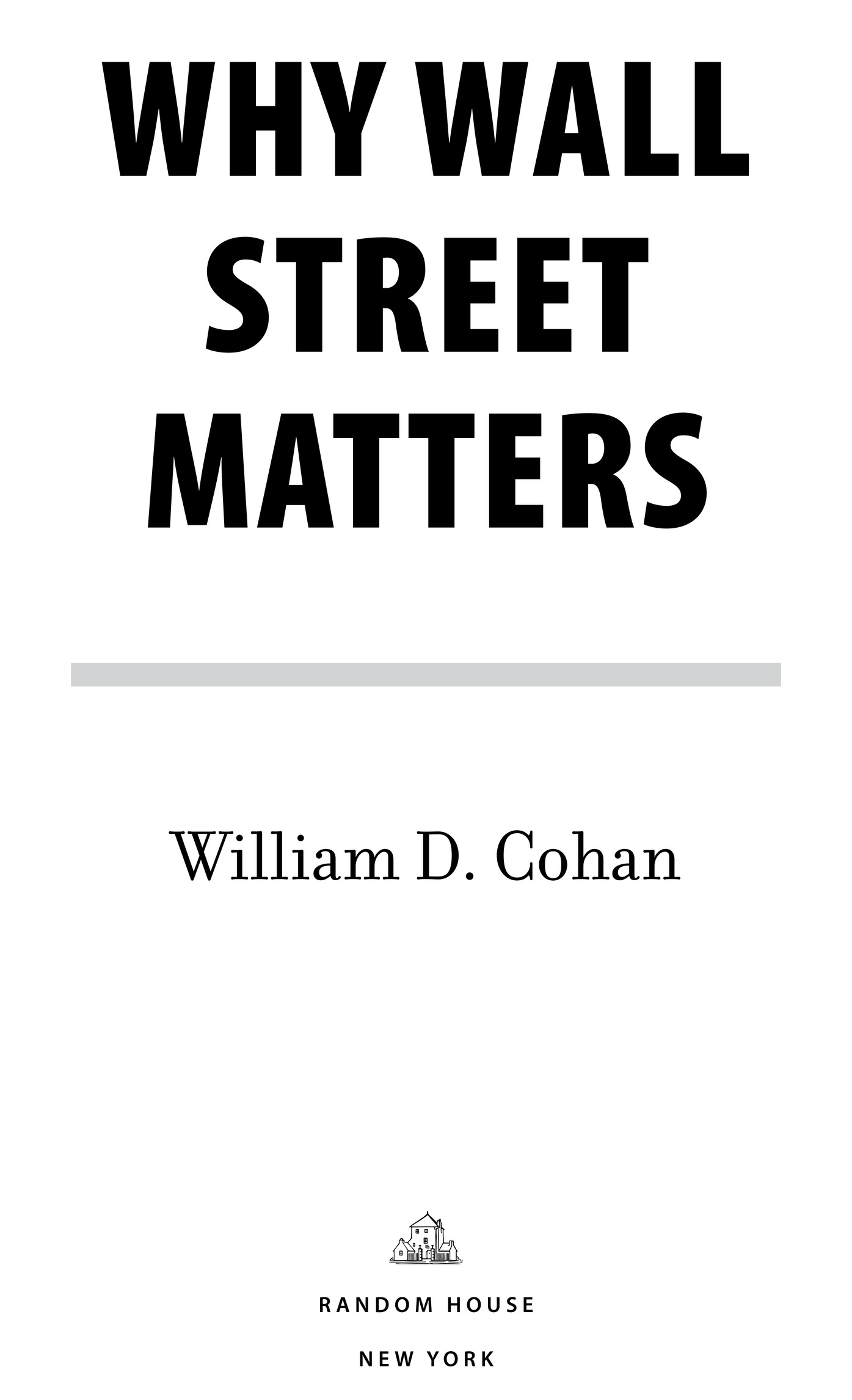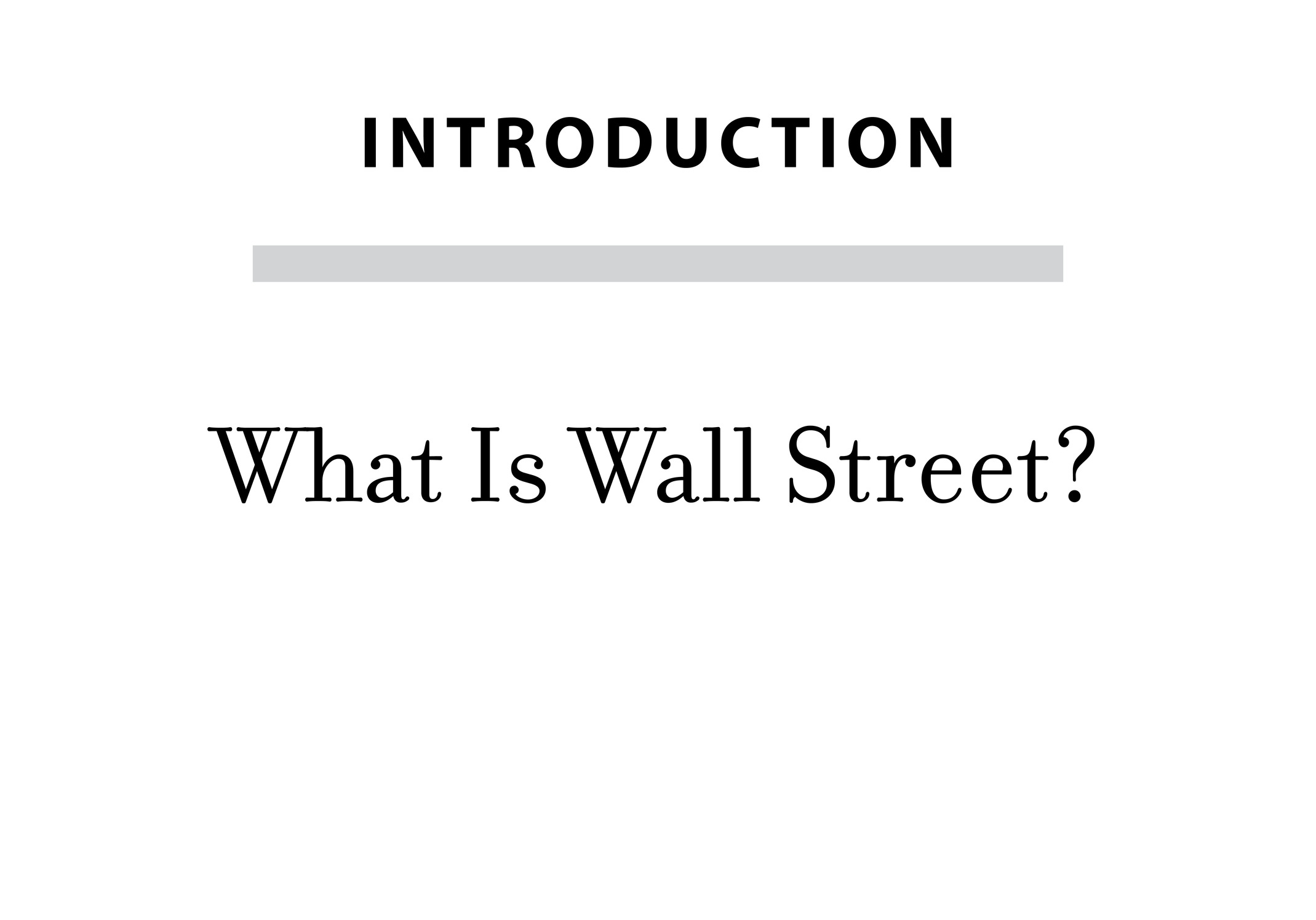William D. Cohan - Why Wall Street Matters
Here you can read online William D. Cohan - Why Wall Street Matters full text of the book (entire story) in english for free. Download pdf and epub, get meaning, cover and reviews about this ebook. year: 2017, publisher: Random House, genre: Romance novel. Description of the work, (preface) as well as reviews are available. Best literature library LitArk.com created for fans of good reading and offers a wide selection of genres:
Romance novel
Science fiction
Adventure
Detective
Science
History
Home and family
Prose
Art
Politics
Computer
Non-fiction
Religion
Business
Children
Humor
Choose a favorite category and find really read worthwhile books. Enjoy immersion in the world of imagination, feel the emotions of the characters or learn something new for yourself, make an fascinating discovery.

- Book:Why Wall Street Matters
- Author:
- Publisher:Random House
- Genre:
- Year:2017
- Rating:5 / 5
- Favourites:Add to favourites
- Your mark:
Why Wall Street Matters: summary, description and annotation
We offer to read an annotation, description, summary or preface (depends on what the author of the book "Why Wall Street Matters" wrote himself). If you haven't found the necessary information about the book — write in the comments, we will try to find it.
Maybe you think the banks should be broken up and the bankers should be held accountable for the financial crisis in 2008. Maybe you hate the greed of Wall Street but know that its important to the proper functioning of the world economy. Maybe you dont really understand Wall Street, and phrases such as credit default swap make your eyes glaze over. Maybe you are utterly confused by the fact that after attacking Wall Street mercilessly during his campaign, Donald Trump has surrounded himself with Wall Street veterans. But if you like your smart phone or your widescreen TV, your car or your morning bacon, your pension or your 401(k), thenwhether you know it or notyou are a fan of Wall Street.
William D. Cohan is no knee-jerk advocate for Wall Street and the big banks. Hes one of Americas most respected financial journalists and the progressive bestselling author of House of Cards. He has long been critical of the bad behavior that plagued much of Wall Street in the years leading up to the 2008 financial crisis, and because he spent seventeen years as an investment banker on Wall Street, he is an expert on its inner workings as well.
But in recent years hes become alarmed by the cheap shots and ceaseless vitriol directed at Wall Streets bankers, traders, and executivesthe people whose job it is to provide capital to those who need it, the grease that keeps our economy humming. In this brisk, no-nonsense narrative, Cohan reminds us of the good these institutions doand the dire consequences for us all if the essential role they play in making our lives better is carelessly curtailed.
Praise for William D. Cohan
Cohan writes with an insiders knowledge of the workings of Wall Street, a reporters investigative instincts and a natural storytellers narrative command.The New York Times
[Cohan is] one of our most able financial journalists.Los Angeles Times
A former Wall Street man and a talented writer, [Cohan] has the rare gift not only of understanding the fiendishly complicated goings-on, but also of being able to explain them in terms the lay reader can grasp.The Observer (London)
William D. Cohan: author's other books
Who wrote Why Wall Street Matters? Find out the surname, the name of the author of the book and a list of all author's works by series.

